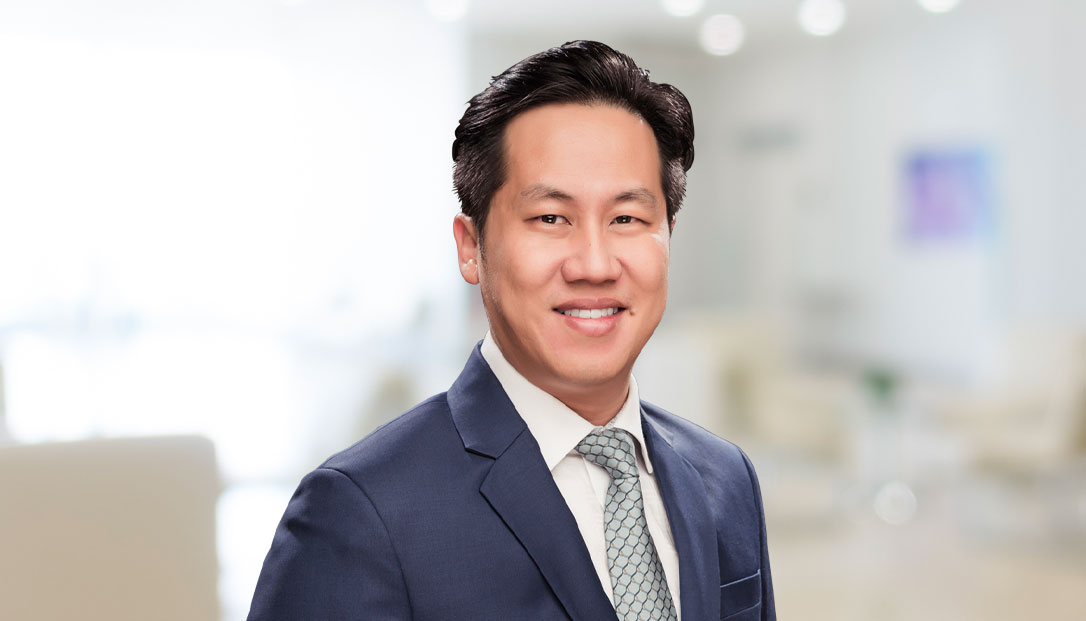Herniorrhaphy, or hernia repair surgery, is often the best approach to treat symptomatic hernias and prevent complications like incarceration and strangulation. This procedure can be performed in various approaches: open (traditional) and laparoscopically (minimally invasive).





